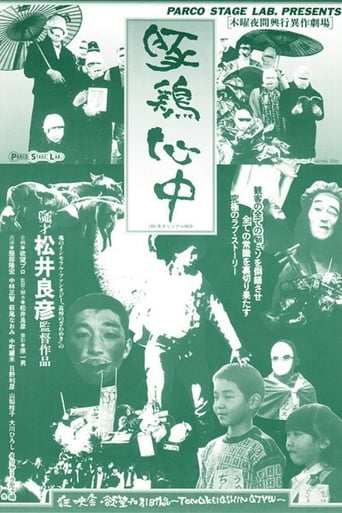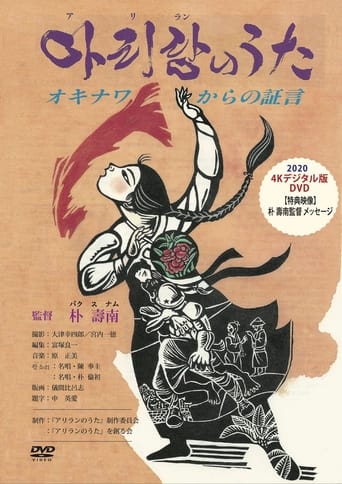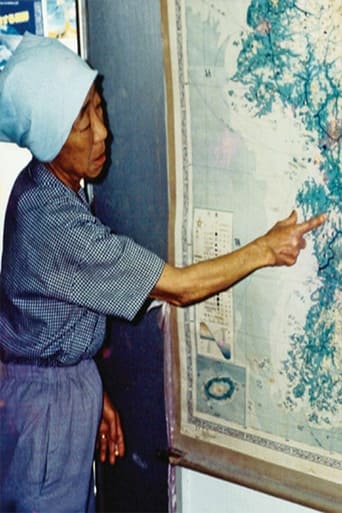Pig-Chicken Suicide 1981
Pig Chicken Suicide is a veritable assault on the senses, mixing violent images of animal slaughter, racial strife, and surrealism to tell the story of two Koreans living in Japan whose love is destroyed due to overwhelming racial discrimination. In explicit abattoir photos and much symbolism, Matsui tells about the struggles of ethnic Koreans in Japan. A butcher's love affair and his relationship with the animals he kills frame the story.


